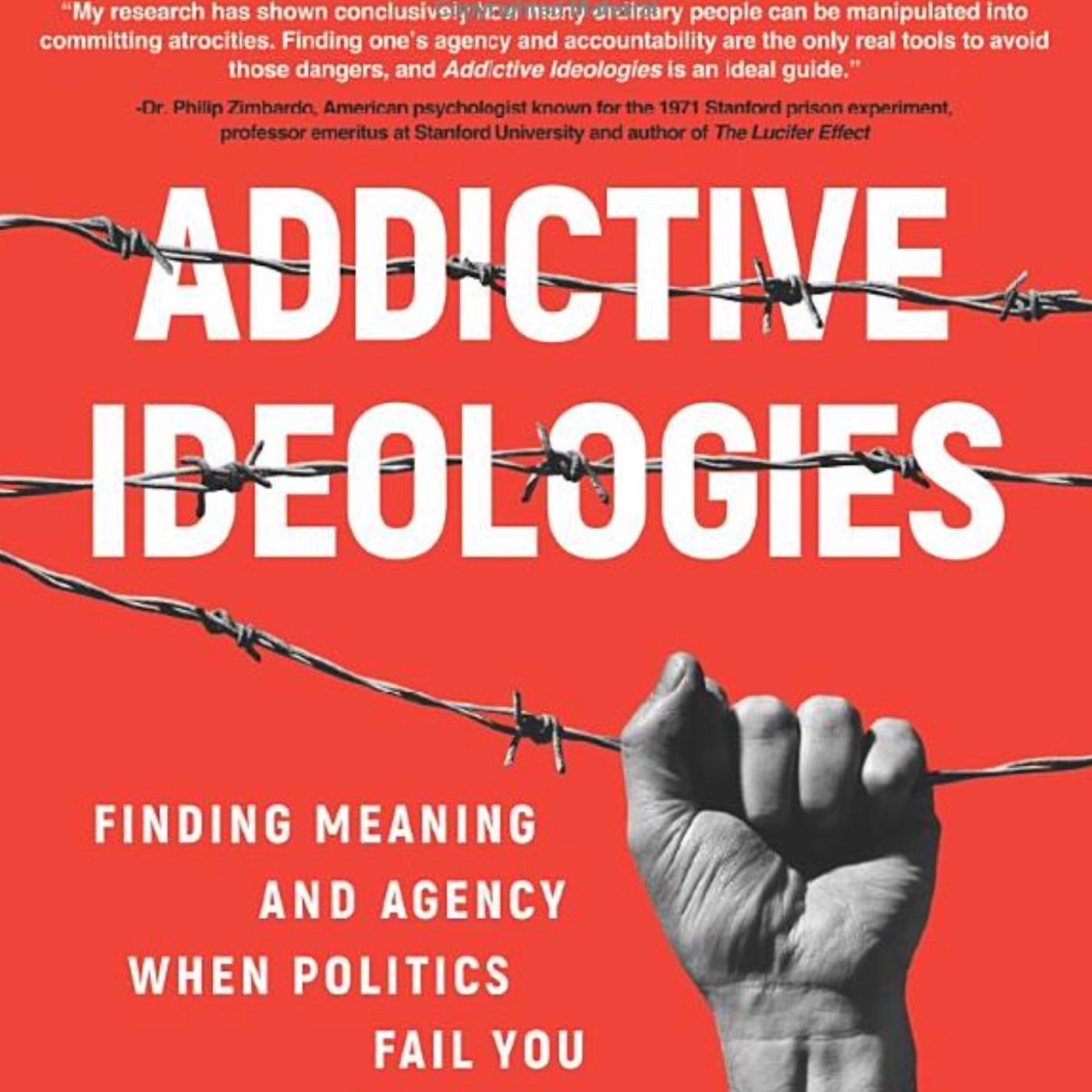Dr. Emily Bashah, Paul Johnson: Solutions to Mass Shootings
- Author
- Soundville
- Published
- Tue 04 Apr 2023
- Episode Link
- https://www.spreaker.com/episode/dr-emily-bashah-paul-johnson-solutions-to-mass-shootings--67329973
On a Monday morning in late March three nine year-olds and three adults were gunned down by a shooter who opened fire at the Covenant Presbyterian church school in Nashville, Tennessee.
The children were students; the adults were staff members. One little girl, Hallie, was the daughter of the lead pastor of Covenant Presbyterian Church, which is connected to the school.
The shooter, Audrey Elizabeth Hale, used two AR-15 type weapons and a handgun. Hale had been receiving treatment for “an emotional disorder” and had legally purchased seven weapons from five local gun stores. Hale’s motive was not immediately clear.
The massacre was just the latest in a chain of shootings that just over the last year have left dozens dead and injured in attacks in Monterey Park and Half Moon Bay, California; Chesapeake, Virginia, Colorado Springs, Highland Park, Illinois, Uvalde, Texas, and Buffalo, New York among other places.
As in Nashville, researchers found that shooters tended to alarm people around them, often signaling their plan in advance. Generally, they purchased their weapons legally.
After the Nashville tragedy, the chaplain of the U.S. Senate urged lawmakers to “move beyond thoughts and prayers.” President Biden said he had exhausted his executive powers to deal with guns and said Congress should pass an assault weapons ban, saying “there’s a moral price to pay for inaction.”
But Capitol Hill lawmakers indicated there was little support for that legislation. Republicans, who control the House of Representatives, reiterated their opposition to actions that would restrict access to guns, saying that mental health issues are the root cause of the gun violence problem in America.
That’s why Mark Bello and I present clinical psychologist Emily Bashah and political expert Paul Johnson, former mayor of Phoenix, Arizona. They are co-authors of Addictive Ideologies: Finding Meaning and Agency When Politics Fail You.
Dr. Bashah frequently serves as an expert witness in court and has worked on high-profile cases covering issues of domestic terrorism and capital offenses. Johnson was the youngest mayor of Phoenix when he was elected at age 30. He was sued by the NRA for implementing common sense gun laws, and in this episode, Johnson lays out a three-part approach that he believes is politically feasible and could dramatically reduce mass shootings and enhance school safety for children.
Here are questioons we asked Dr. Bashah and Johnson:
Q. What will it take for this country to take meaningful action to protect the lives of innocent people from mass shootings such as this tragic event...
